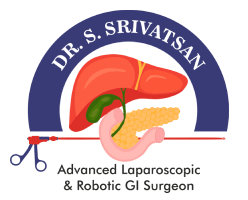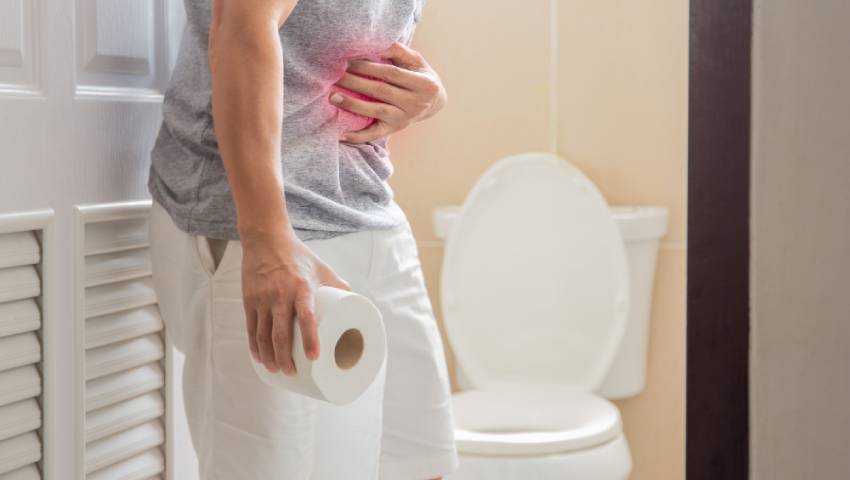
- 03/01/2024
- Dr. Srivatsan Gurumurthy
- 0 Comments
- Blog
What Are the Complications of Constipation if left untreated?
Constipation is a frequent complaint among people of all ages, but it’s especially common among older adults: In India, about 56% of the Population experience constipation on a routine basis. Short-term constipation typically does not cause complications and can usually be treated with self-care. For example, if you are simply constipated due to a change in your diet, you may feel full or bloated, but will not have any long-term complications. However chronic constipation can cause complications.
Long-term Constipation should not be ignored. If it is left untreated, serious complications may arise such as hemorrhoids, anal fissures, fecal impaction, and rectal prolapse as well as other related diseases that affect general health in the long run. If constipation is suspected, medical attention must be given as soon as possible. In this Blog, Dr. Srivatsan Gurumurthy explain about the constipation complications
Chronic Constipation Complications:
Hemorrhoids:
When you’re constipated, you’re more likely to push hard to try to go. That can make the veins around your rectum and anus swell. These swollen veins are called hemorrhoids, or piles. They’re like varicose veins around your anus. They can be external, which means they’re under the skin around the anus, or internal, which means they’re in the lining of your anus or rectum.
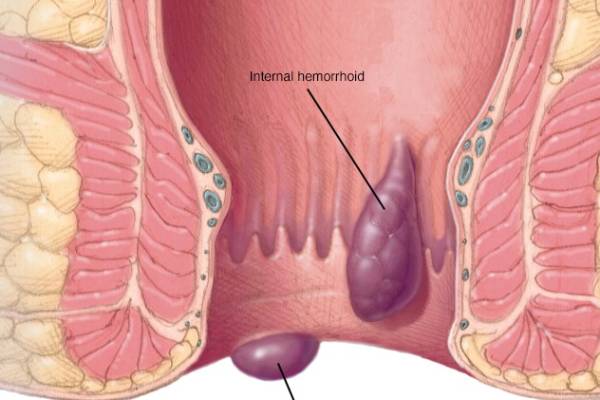
Hemorrhoids can itch and be painful. They can cause bleeding when you have a bowel movement. You may see streaks of blood on your toilet paper when you wipe. Sometimes blood can pool inside a hemorrhoid, which can cause a painful, hard lump. You may also get skin tags, blood clots, or infections from your hemorrhoids.
Anal Fissures:
Passing hard stools or straining to pass stools can tear the tissue around your anus. These tears are anal fissures. They cause itching, pain, and bleeding. Because the symptoms of anal fissures make going to the bathroom more difficult, they can make constipation worse. This happens often in children who hold in their stool out of fear of the pain.
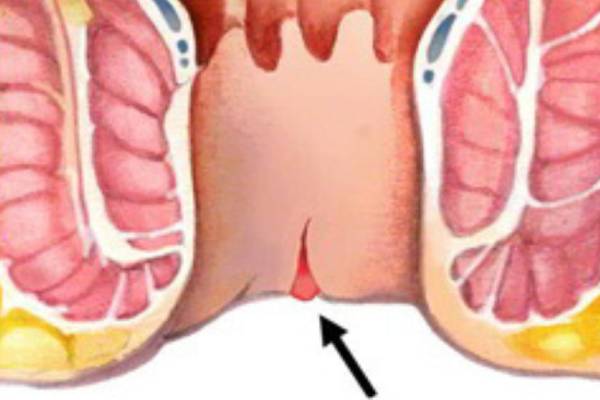
The tears are usually very small. But sometimes they can grow larger and affect the ring of muscle at the opening of your anus that keeps it closed. This kind of anal fissure is harder to heal. You may need medication or surgery to fix the problem. Once you’ve had an anal fissure, you’re more likely to get another one.
Rectal Prolapse:
Rectal prolapse occurs when the last portion of your colon, the rectum, protrudes beyond the anus and is visible on the outside of your body. It isn’t necessarily painful, and in many cases will go away without treatment. It should be evaluated by Robotic Surgeon in Chennai Dr Srivatsan Gurumurthy .
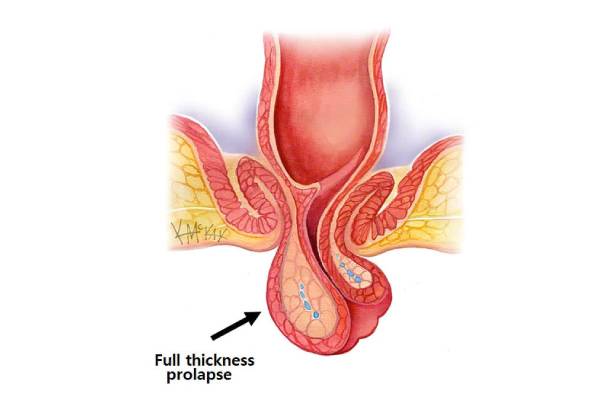
Fecal Impaction:
Fecal impaction (FI) is a state of prolonged constipation. It occurs when the stool is so hard that it cannot pass with a normal bowel movement. It can cause abdominal pain and cramping, among other symptoms. It often must be treated with medications or procedures such as enemas or water irrigation.
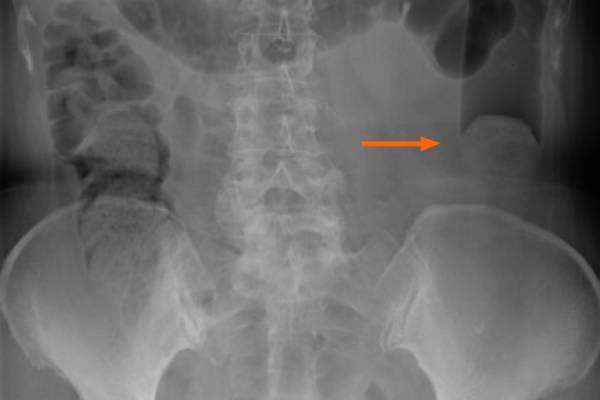
Diverticulitis:
Constipation-related strain can also cause diverticulosis or the formation of small pouches along the colon wall. If fecal impaction fills these pouches with stool, the trapped fecal matter may cause the area to become infected and inflamed. This condition is known as diverticulitis.
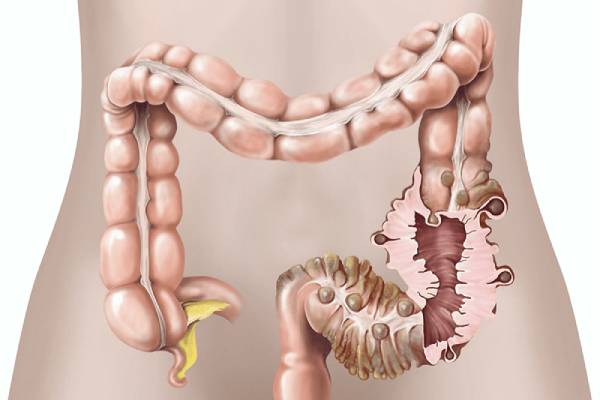
Bowel Obstruction:
In rare cases, untreated constipation can lead to a complete bowel obstruction. This occurs when the normal flow of stool is blocked, causing severe abdominal pain, bloating, and vomiting. Bowel obstruction is a medical emergency that requires immediate attention and intervention. Chronic constipation, if left unaddressed, can contribute to the development of conditions that increase the risk of bowel obstruction.
If you are the candidate for long term constipation or In any case, if you can’t figure out a reason as to why there is a change in your normal bowel routine or if self-care has been unsuccessful in treating your constipation, then contact your expert. If you live in Chennai or nearby areas then consult Dr. Srivatsan Gurumurthy at GEM Hospital, Chennai.
